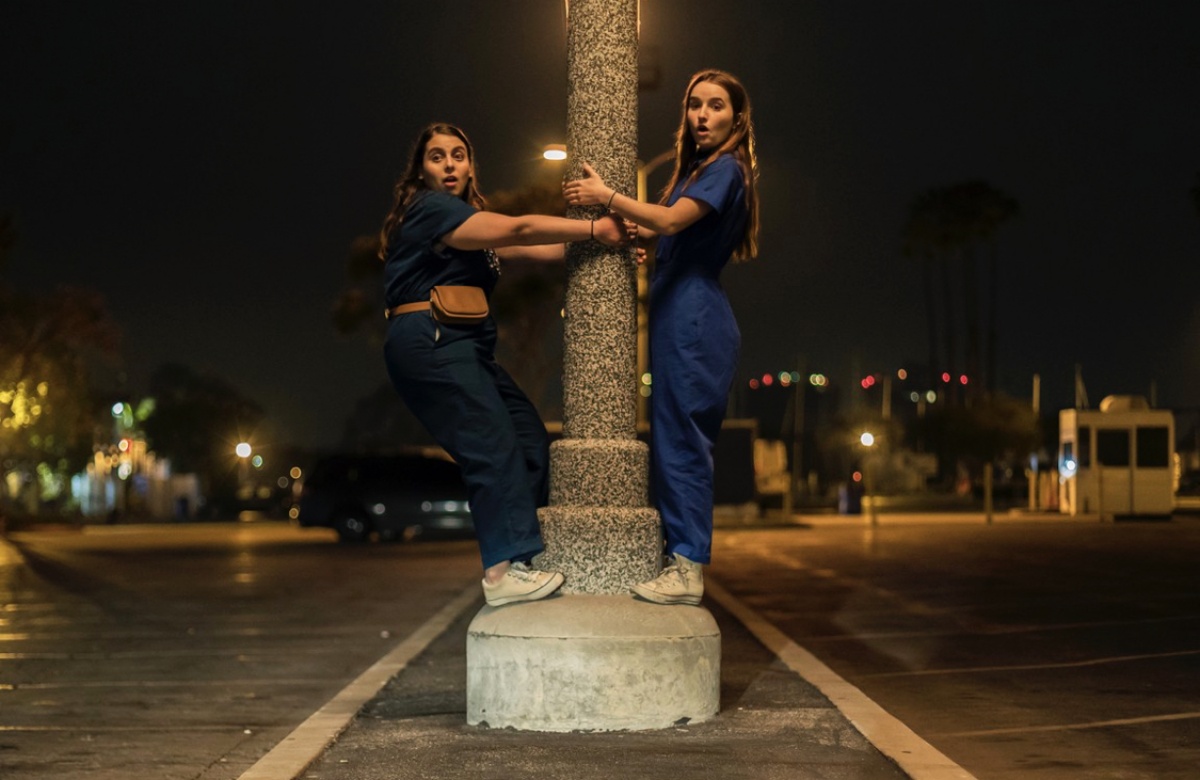Who Is to Blame for Booksmart’s Low Turnout?


This weekend, along with Aladdin and Brightburn, Olivia Wilde’s directorial debut Booksmart came out, and due to it’s inability to compete with the Disney-backed Aladdin, there has been conversation on Film Twitter about the movie and its representational value.
Now, as a disclaimer, I did very much enjoy Booksmart. I thought it was fun and heartfelt, despite between very white and very privileged, which has been the case for a lot of the coming-of-age movies that have gained mainstream popularity: Edge of Seventeen (despite Hailee Steinfeld being multi-racial, her character is white), Lady Bird, and if we go back to one of the OG, Juno. While there have been several coming-of-age stories featuring women of color, the reality is that they do not get the mainstream fanfare that movies like Booksmart get.
It’s almost impossible to tell totally universal stories; people are nuanced, and there will always be socioeconomic realities that are different for everyone. Booksmart reflects a very specific type of white, upper-middle-class environment, where somehow almost every character is able to get into an Ivy League school and there happens to be a lot of men of color, but the only visible woman of color is Jessica Williams, who plays the almost Magical Nergo-type “cool teacher” that is almost too much at the beginning. Then, the character does something that made my eyebrows completely stand on edge.
What’s especially depressing is the pressure that is being placed on Booksmart to perform despite being a small indie movie that’s already cutting into its potential audience with an R rating.
“Anyone out there saving ‘Booksmart’ for another day, consider making that day TODAY,” Wilde wrote to her 1.7 million followers over the weekend. “We are getting creamed by the big dogs out there and need your support. Don’t give studios an excuse not to green-light movies made by and about women.”
Before I get into the critique, I want to say that you should absolutely see Booksmart if you like teen dramas, coming-of-age stories, and are interested in seeing stories about young women—and in a rare case, a young lesbian teen. That being said, it’s also important to note that Aladdin does mean a lot to people, not only for nostalgia, but also for being a majority Brown-led movie. How many films do we get that feature Arab men and women in romantic love stories? That highlight their narratives in positive ways? Aladdin may be a cash grab for Disney, but it also has a lot of added meaning for its visual representation, flaws and all.
IndieWire has noted that some in the industry were quick to blame producer and distributor Annapurna for not doing enough to support the movie and brought up that the company has failed to really market a lot of its critically acclaimed movies, like Kathryn Bigelow’s Detroit and Boots Riley’s Sorry to Bother You (the only Annapurna movie that turned a profit at the box office), and both If Beale Street Could Talk and Vice lost the company money. However, people pointed out that, in comparison to Beale Street, Wilde’s Booksmart got a lot of coverage.
Other indie filmmakers also took to social media to say they would have been thrilled to have the kind of marketing Booksmart had, which included a big marketing push on social media, and Wilde and costars Beanie Feldstein and Kaitlyn Dever appeared in several television interviews and magazine profiles. As IndieWire reports,
“Jinn” director Nilla Mumin wrote on Twitter, “I wish my film would’ve got half the marketing and attention as ‘Booksmart.’ I saw ads for this film everywhere.” Mumin’s indie movie got picked up by Netflix and dropped on the streaming platform with barely any marketing. Filmmaker Julia Hart agreed, writing she’d kill for the marketing push “Booksmart” received. Hart’s “Fast Color” opened in April from Lionsgate with minimal marketing and failed to crack $1 million at the box office.”
Fast Color was in and out of theaters so quickly I didn’t even get a chance to see it, and that was in NYC. The chance to see a movie featuring three generations of Black women that was also a sci-fi movie … I was big mad.
The blame for Booksmart‘s lack of success is that it was a small movie coming out on a big holiday with a movie like Aladdin as an alternate option. Why anyone would have expected a rated-R movie with no big-name lead to make $12 million dollars (which was its projected gross) is beyond me. If we compare it to something like Blockers, which made $94 million on a $21 million budget, that movie stared Leslie Mann, Ike Barinholtz, and John Cena. That’s not a knock against Booksmart, nor does it mean we can’t have non-big-name talent around, but putting it up against Aladdin, when Beauty and the Beast, another recent Disney live-action remake, was the second-highest grossing film of 2017, is just a total misfire.
Audiences aren’t always going to come out for a small movie in the era of Netflix and streaming, so it’s important that those behind smaller movies are more thoughtful about when they put them out. I would encourage everyone to see Booksmart; it’s a delightful movie, and it game me a lot of positive feels, but we also need to recognize that celebrating diversity and representation can’t just be a movie with two white female leads, even if one of them is a lesbian. That’s a low, low bar.
(image: Annapurna)
Want more stories like this? Become a subscriber and support the site!
—The Mary Sue has a strict comment policy that forbids, but is not limited to, personal insults toward anyone, hate speech, and trolling.—
Have a tip we should know? [email protected]
